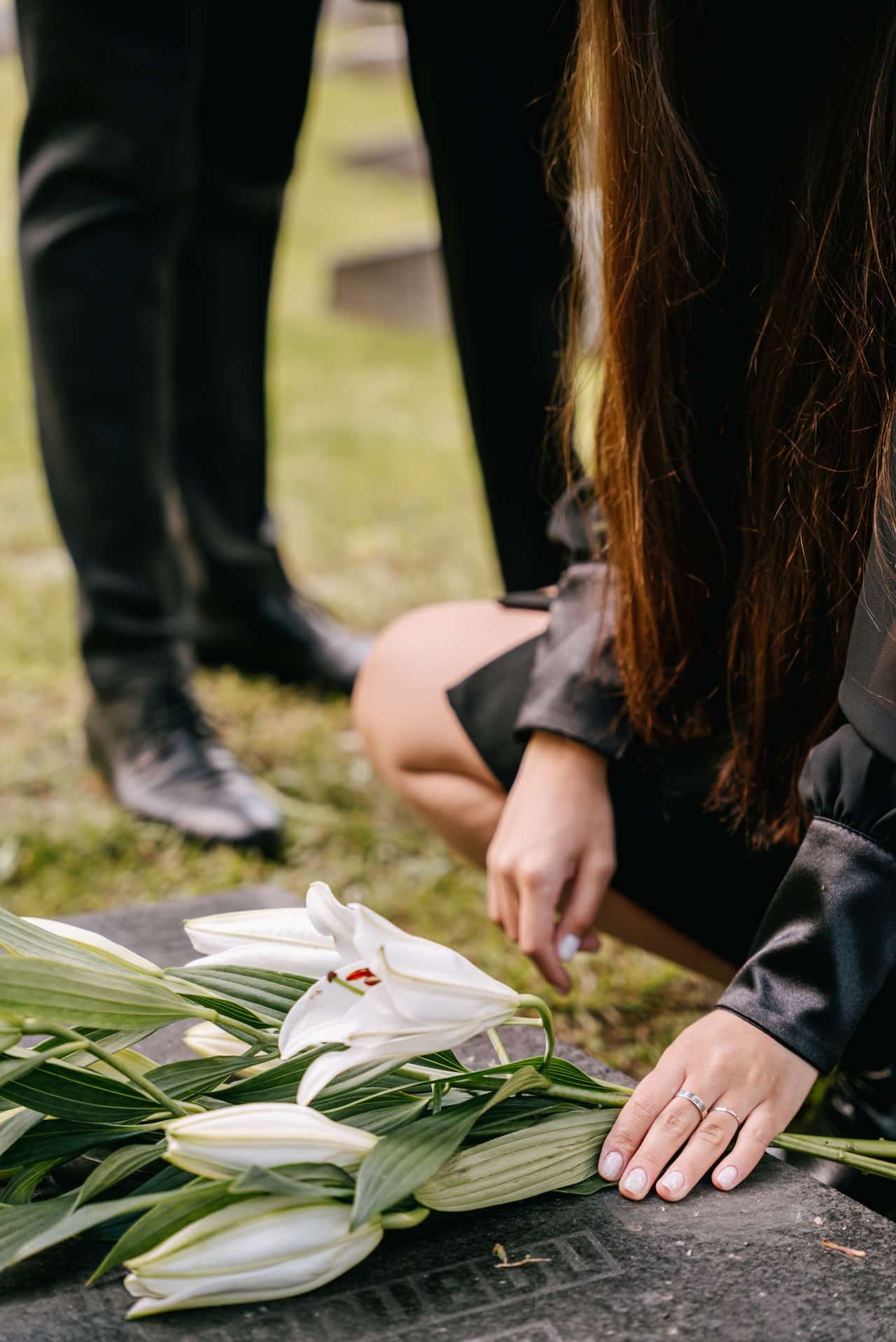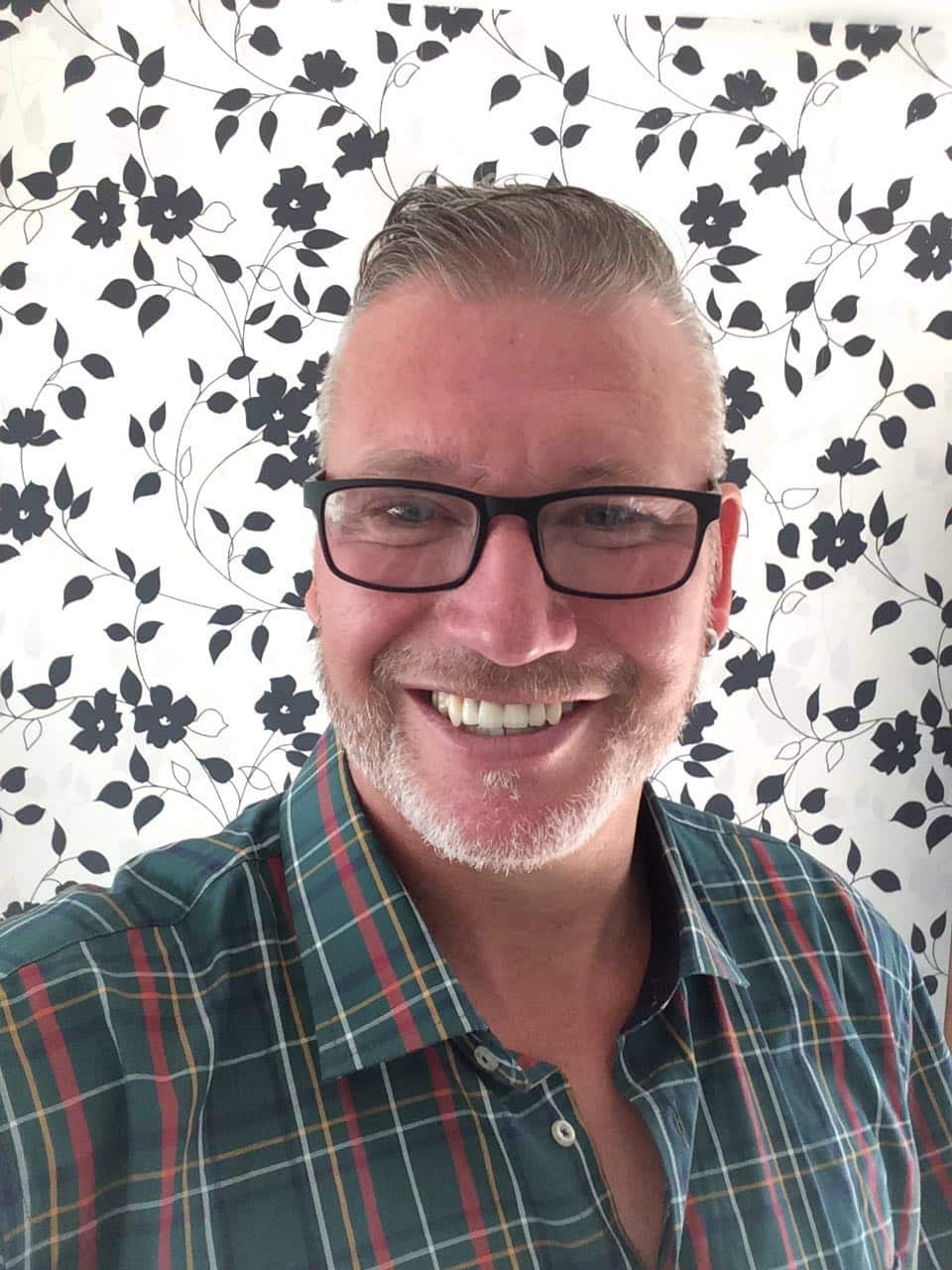Beyond Goodbye: A Healing Path for Grief and Loss Counseling
Bereavement is something many of us will encounter in our lives, but it’s a topic that we often shy away from discussing. In the past, people experienced the loss of loved ones more frequently during childhood or adolescence, but improved health and longer life expectancies have changed that.
As a result, we find ourselves with limited opportunities to learn about grieving, what it entails, how it affects us, and how to navigate it. We may not know what’s considered “normal” or how to come to terms with the loss of someone dear to us.
However, when faced with the death or passing of a loved one, we must find ways to cope. Bereavement or Grief counseling is a valuable resource that can guide us through the natural stages and cycle of grief, helping us process our emotions and finding a path towards healing. It offers support and understanding during one of life’s most challenging experiences.
We all grieve differently, so there is no correct way to grieve, however there is a recognised healthy guide to coping with loss, which may act as a guide to recognise if there may be a problem, or if you’re stuck in the grieving process.

I’m Paul Parkin – A therapist and life coach. This is why you should work with me:

I offer compassionate understanding and support throughout the grieving process. I help individuals come to terms with the reality of their loved one’s departure and encourage them to cherish invaluable memories. Moreover, I empower clients to move forward, embrace a new life, and find strength in the face of loss. My commitment to guiding individuals through their grief journey makes me a valuable resource for those in need of support and healing.
What some of my recent clients have said about our work together.
‘I had never had counselling before and heard about Paul through a family member. As us men really find it hard to reach out and talk about our struggles.
I lost my best friend 2 years ago and Paul helped me to understand the grieving process and accept my best friend’s death.
Paul also helped me with my self-confidence and a few other problematic issues too.
I just want to say how much Paul has helped me through the tough days and made me realise that life is worth fighting for. I honestly can’t thank Paul enough for what he has done for me in the time we have worked together.
I never thought I’d ever make that brave/scary move to ask for help, but I’m so, so glad I did. I’m an anxious person as it is and Paul put me at ease from the get-go!
Thank you so much Paul, I’d highly recommend him to anyone.‘
Sam, UK
‘I initially sought Paul’s help for bereavement counseling after losing a close family member. At first, I was skeptical about online counseling but gave it a try. After my first session in 2011, I realised Paul was excellent at his job. Slowly, I opened up, and he helped me not only with grief, but also with various life issues, including struggles in work and with relationships.
With Paul’s support, I’ve made significant progress in becoming a happier and more positive person. My self-esteem has improved, and I’ve learned to handle challenges with greater confidence. While I still have some way to go, I’m closer to where I want to be, and I know I can always turn to Paul for help in the future.
I finally feel like I’m getting “me” back with a non-judgmental friend by my side. I’d encourage anyone considering counseling to give it a try, it has transformed my life, and it’s well worth the effort.‘
Michaela, UK
